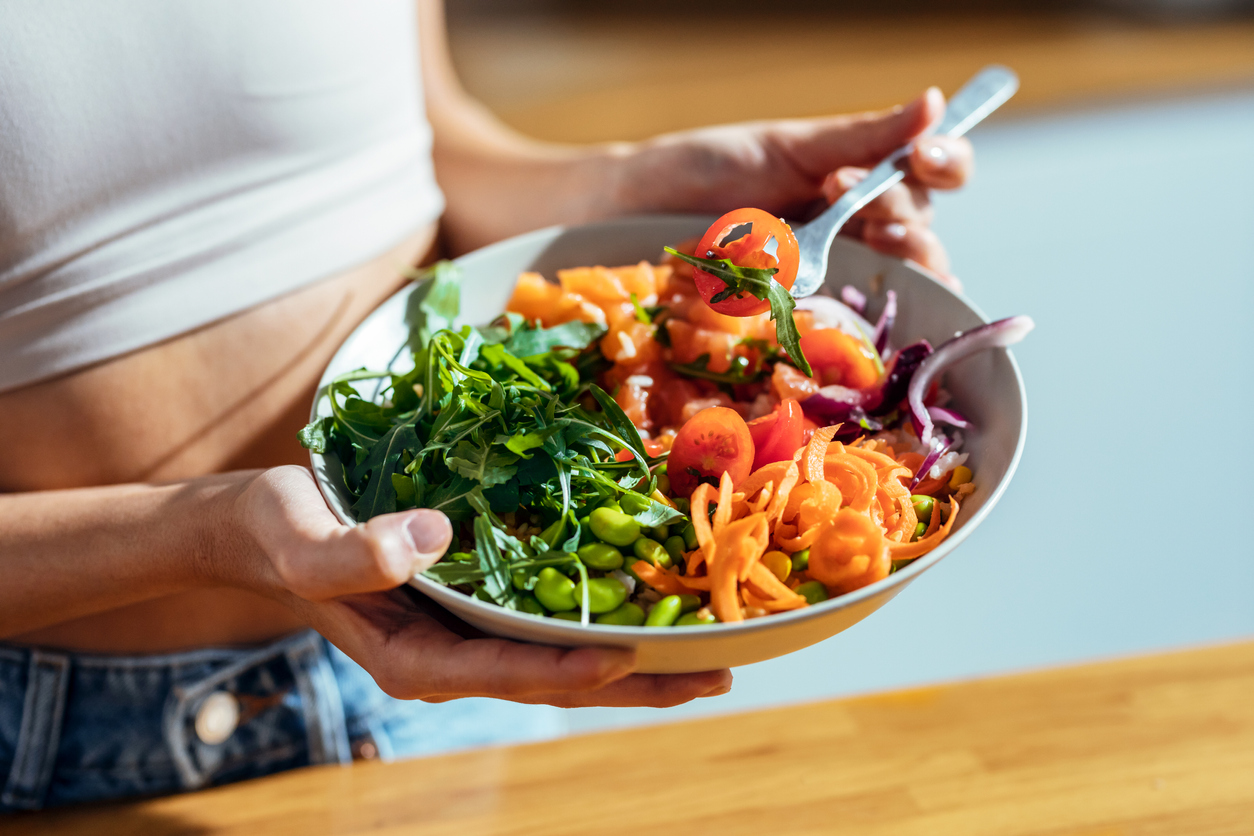Last week when I wrote about the most valuable commodity being time, I got to thinking about what my dad used to say.
Without health you have nothing.
No truer statement exists I suppose. No matter how much money one has, or how well one uses his or her time, if you’re ill, sick, feeling bad or in chronic pain, life can be miserable and sicknesses can burn much of the money you may have saved.
Total health care costs to the nation amount to about 17% of every dollar spent by everyone on everything. Medicare, which assists mostly the elderly, consume 12% of the U.S. government’s national budget.
Most of our healthcare costs, whether paid for by the government or paid for out of pocket, is spent on reactive medicine, which is after someone has become ill.
Proactive health care is preventative medicine which are costs spent before someone gets sick in the hope of preventing illness.
Although billions are spent by consumers on supplements, organic foods and the like on proactive medicine, the costs for these things pale in comparison to the costs spent on doctor and hospital visits, emergency care and transportation, and the prescribed medicines after illness befalls an individual.
One thing is certain. It’s a lot more comfortable and cheaper to address problems before they start. Once somebody is sick, it’s costly, miserable, possibly isolating and limits one’s ability to participate and enjoy the things that life has to offer.
It’s puzzling to me when I see people doing things that obviously are not good for one’s health. Practices such as unhealthy eating, smoking a pack a day, avoiding exercise and things like that definitely increase one’s chances of needing medical attention at some point and probably sooner had one limited such things.
Not to say we all should eat grass, run five miles a day, do yoga until our limbs fall off or the hundreds of other widely accepted things that lead to a more healthy existence.
All things in moderation come to mind and that means allowing myself some of the things I enjoy that might not make it to the good-body list.
I have been known to smoke a cigarette or fine cigar on occasion (heaven forbid!). I can polish off a fair amount of See’s candies when the mood strikes me and I tend to overdo it in sports even when injured and I should rest up. But that’s just me.
On the flip side, I do other things that I hope will get me to a ripe old age. I drink a cup of green tea every day because the Japanese do and they have a lower rate of cancer and higher life expectancy. I am not 100% sure it’s from green tea as they also eat a lot of fish, so I do both. Supplements line my shelves and you won’t ever find me eating a donut or pastry for breakfast or a basket of fries for lunch.
Again, all things in moderation. It is said it is not what one does every so often but what one does every day that kills you.
I cringe when I see older folks packing a hundred plus over their ideal body weight and are barely able to hobble to the restaurant table, and then order a huge breakfast of chicken fried steak, pancakes and a three egg omelet covered with cheese. I too like stuff like that but they are not going to help us toss out the spandex and throw away the walker.
Moderation is a good thought to keep in mind when you plan your excesses of the day.
Maybe I am coming off a bit judgmental here. But let’s face facts. Many of the things people do on a daily basis are known to cause health issues.
The bottom line is it’s far cheaper to pay attention to one’s health habits then wait until those habits manifest themselves into a health problem.
Trying various health remedies to some may seem crazy, but who knows if that wheatgrass suggestion or the supplement someone might have recommended to you actually might help you feel better. Perhaps it might be better to spend a few dollars on whatever it was that someone suggested to you then ordering up that super-sized meal just because you happen to be famished that day.
In conclusion, it might be a lot cheaper and a lot healthier to consider moderating those unhealthy “must haves” and instead spend a bit more time exploring some healthier options.
You might find you’ll be a lot happier, a lot healthier, and maybe have a little more money later on.
“Watching the markets so you don’t have to”
This article expresses the opinion of Marc Cuniberti and is not meant as investment advice, or a recommendation to buy or sell any securities, nor represents the opinion of any bank, investment firm or RIA, nor this media outlet, its staff, members or underwriters. Mr. Cuniberti holds a B.A. in Economics with honors, 1979, and California Insurance License #0L34249. His insurance agency is BAP INC. insurance services. Email: [email protected]


